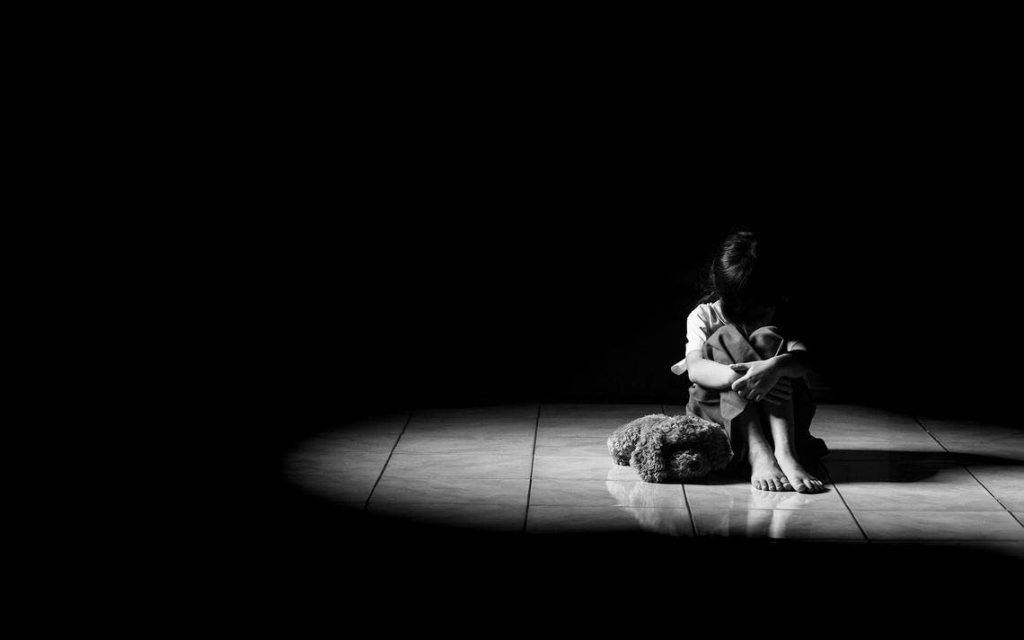Emotional abuse and single-parent families

THE EDITOR: Chronic emotional abuse has been plaguing many children of single-parent families in TT.
Too often importance is attributed to physical abuse and practitioners tend to ignore the devastating impacts and effects of emotional abuse and trauma upon the lives of teenage victims.
Interestingly, throughout my observations, mothers who experience physical and emotional abuse and/or trauma during their younger years and have not reached out for professional help and guidance in mitigating such issues, often transmit such trauma unintentionally to their children in an attempt to “protect them” from the circumstances they endured earlier in their development.
Adolescent children are usually the ones who tend to experience the brunt of chronic emotional abuse by parents, mainly resulting in suicidal thoughts, ideations and actions, sudden emotional outbursts, negative self-concepts and hormonal disorders. This has been an essential factor in the development of post-traumatic stress disorder, identity crisis and many DSM-5 depressive disorders.
It is quite common for adolescents to report to social workers that when they complain of the emotional abuse to their parents, often exclaiming that they cannot take it any longer, they are ridiculed and laughed at for expressing such and are called “weak,” “stupid” and “dotish,” etc.
In one instance, a parent embarrassed a child, stating that they (the parent) went through worse than that in their younger days and would intimidate the child into verbally acknowledging or forcefully agreeing to what they said.
The parent in their ignorance is unaware of the fact that intense cortisol production, a hormone linked to depression, anxiety and stress, by the adrenal gland can be drastically released into the bloodstream with the slightest experience of abuse where there is a genetic predisposition to depression.
The neo-Freudian ego-psychologist Erik Erikson highlighted that personality develops through a series of stages in an individual’s lifespan development. He states that if these stages are successfully completed, the person emerges with certain strengths that will contribute to their holistic development.
Erikson identifies stage five as identity vs role confusion. This stage occurs in adolescence and consists of children examining their independence in terms of careers, education, political associations, relationships, etc and establishing a reinstated sense of self.
Erikson highlighted that if this stage is not successfully accomplished it can lead to the development of an identity crisis and feelings of sadness, especially if parents are intimidating children into an identity. This can result in defiance whereby the adolescent develops a negative identity in addition to feelings of anger, arrogance and neglect, often resulting in chronic trauma, depressive disorders, bipolar disorders, suicidal ideations, tendencies and self-harm.
It becomes evident from my interactions and assessment of adolescent clients that the prominence of chronic emotional abuse is increasing in single-parent families. We must continue to do our part as social workers, youth advocates, human rights activists and citizens in raising awareness and ensuring that victims are directed to the established agencies responsible for administering assessment and intervention.
KRISHNA AVIDESH SANKAR
president, director general
Youth Inspiration TT
president, TT Youth
Advocacy Network

Comments
"Emotional abuse and single-parent families"